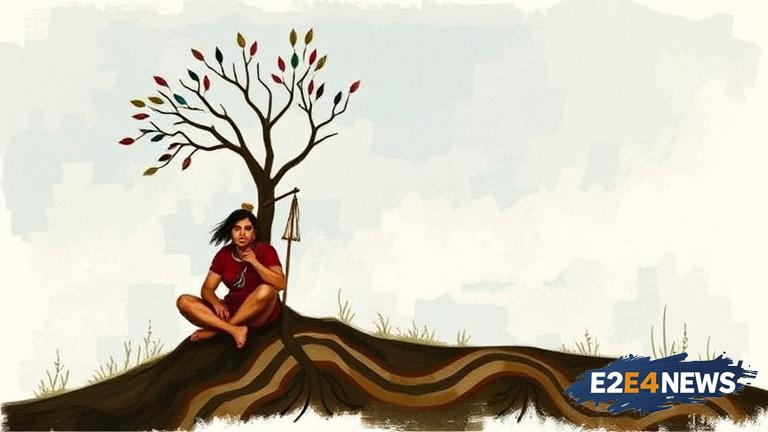A new era in Indigenous education is unfolding in Canada, as innovative teacher training programs take center stage. These programs are designed to equip educators with the knowledge, skills, and cultural competency to effectively teach and support Indigenous students. By acknowledging the historical injustices and ongoing disparities in Indigenous education, these initiatives seek to bridge the gap and foster a more inclusive learning environment. The programs focus on developing teachers’ understanding of Indigenous histories, cultures, and perspectives, as well as their ability to incorporate Indigenous knowledge and ways of knowing into their teaching practices. This approach recognizes the importance of culturally responsive teaching and its potential to improve academic outcomes and increase student engagement. Furthermore, these programs emphasize the need for teachers to confront their own biases and assumptions, and to develop a deeper understanding of the complex social and historical contexts that shape Indigenous students’ experiences. By doing so, educators can create a safe and supportive learning environment that values and respects Indigenous cultures and identities. The impact of these programs extends beyond the classroom, as they have the potential to contribute to broader social change and reconciliation efforts in Canada. As the country continues to grapple with the legacy of residential schools and ongoing systemic inequalities, these teacher training programs offer a beacon of hope for a more equitable and just education system. The programs are being developed and implemented in partnership with Indigenous communities, organizations, and educators, ensuring that the needs and perspectives of Indigenous peoples are centered and respected. This collaborative approach is critical to the success of these initiatives, as it allows for the development of culturally relevant and effective teacher training programs. Moreover, these programs are not limited to Indigenous education, but rather aim to promote a broader understanding of Indigenous histories, cultures, and perspectives among all educators. This, in turn, can help to create a more inclusive and equitable education system that values diversity and promotes social justice. The Canadian government has also taken steps to support these initiatives, recognizing the importance of Indigenous education and the need for systemic change. However, more work remains to be done, and ongoing funding and support are necessary to ensure the long-term success and sustainability of these programs. As the education sector continues to evolve, it is essential that Indigenous education remains a priority, and that these innovative teacher training programs are given the resources and attention they deserve. By prioritizing Indigenous education and supporting these programs, Canada can take a significant step towards reconciliation and creating a more just and equitable society. The benefits of these programs will be felt for generations to come, as they have the potential to improve academic outcomes, increase student engagement, and promote a deeper understanding of Indigenous cultures and histories. Ultimately, these teacher training programs offer a powerful tool for creating positive change and promoting a more inclusive and equitable education system. As Canada continues to navigate the complexities of Indigenous education, these programs will play a critical role in shaping the future of education and promoting a brighter future for Indigenous students. The success of these programs will depend on ongoing collaboration and partnership between Indigenous communities, educators, and governments, as well as a commitment to systemic change and reconciliation. By working together, Canada can create an education system that values and respects Indigenous cultures and identities, and provides all students with the knowledge, skills, and support they need to succeed.
